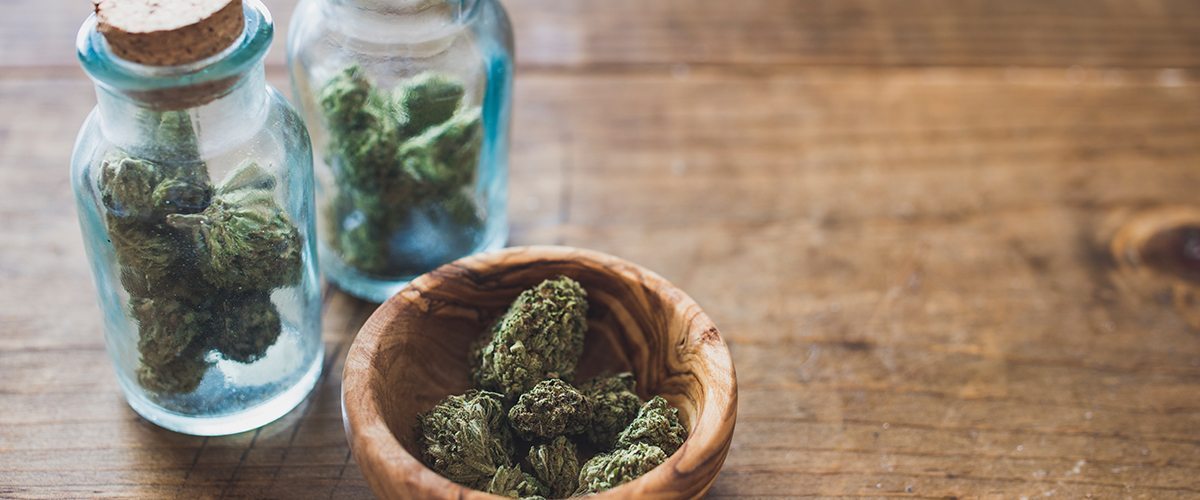[vc_row][vc_column][vc_column_text]
The recount on Maine’s recreational marijuana measure has come to an end, meaning adult use marijuana could be legal in approximately a month.
Opponents of Maine’s recreational marijuana measure formally abandoned their demand for a recount, which means possession and home cultivation are expected to become legal by the end of January, the Portland Press Herald reports. Leaders of the anti-legalization effort, the No on 1 campaign, notified Maine’s Secretary of State Matthew Dunlap of their decision on December 17.
Question 1, which legalizes recreational marijuana use for adults 21 and older, was approved 381,692 to 377,619 in last November’s election, a margin of just 4,073 votes. Opponents had requested the recount after the unofficial results were so close, and officials had started in on the expected four to six week process earlier this month.
“After counting nearly a third of all ballots in Maine, it was clear that the recount was not going to change the result. We are grateful that the No on 1 campaign has conceded and look forward to working together toward a successful implementation of Question 1,” said David Boyer, campaign manager for Yes on 1.
The recount was expected to cost up to half a million in tax dollars to pay for staff and additional expenses. The Maine State Police had to travel to pick up the padlocked and sealed ballot boxes from each of the 503 individual towns and deliver them to Augusta where the recount would occur.
“We promised folks that if we came to a point where we could not see any chance of reversing the result, we would not drag the process out,” said Newell Angur, attorney for the No on 1 campaign. “We are satisfied that the count and the results are accurate.”
The results will be certified by Dunlap and then sent to Gov. Paul LePage, who will have 10 days to issue a proclamation of the results. The governor is opposed to legalization, but is expected to sign off on the vote results. From there, it’ll take 30 days for the new law to take effect and for adult use marijuana to be legal.[/vc_column_text][/vc_column][/vc_row][vc_row][vc_column][vc_single_image image=”17313″ img_size=”1200×250″ onclick=”custom_link” img_link_target=”_blank” link=”https://www.medicalmarijuanainc.com/education/”][/vc_column][/vc_row][vc_row][vc_column][vc_column_text]Under Question 1, it will be legal for adults to possess up to 2 ½ ounces of marijuana and grow up to 6 flowering plants, 12 immature plants, and unlimited seedlings. The law also allows for retail stores and social clubs in municipalities that grant them, although because the Department of Agriculture, Conservation and Forestry still needs to develop rules and regulations, adult use retail sales aren’t expected to begin until 2018. When they do begin, a 10 percent tax will be applied.
Since dropping the recount request, Scott Gagnon, chairman of the No on 1 campaign, has recommended that a special joint committee of the Legislature, rather than the Department of Agriculture, Conservation and Forestry, formulate the program’s rules and regulations. Gagnon is encouraging a higher tax rate to deter heavy usage by young people and strict standards on edible packaging.
“We don’t believe this should rest with any one committee within the Legislature,” Gagnon said, according to the Portland Press Herald. “We believe this should be an all-hands-on-deck approach to make sure it is fully informed from all perspectives.”
Maine, which has allowed medical cannabis since 1999, is just one of four states that legalized adult use marijuana in November. California, Nevada and Massachusetts also passed recreational marijuana measures, bringing the nation’s total adult use marijuana state count to eight.
Keep up with the latest developments in the cannabis industry by visiting our news feed.[/vc_column_text][/vc_column][/vc_row]






